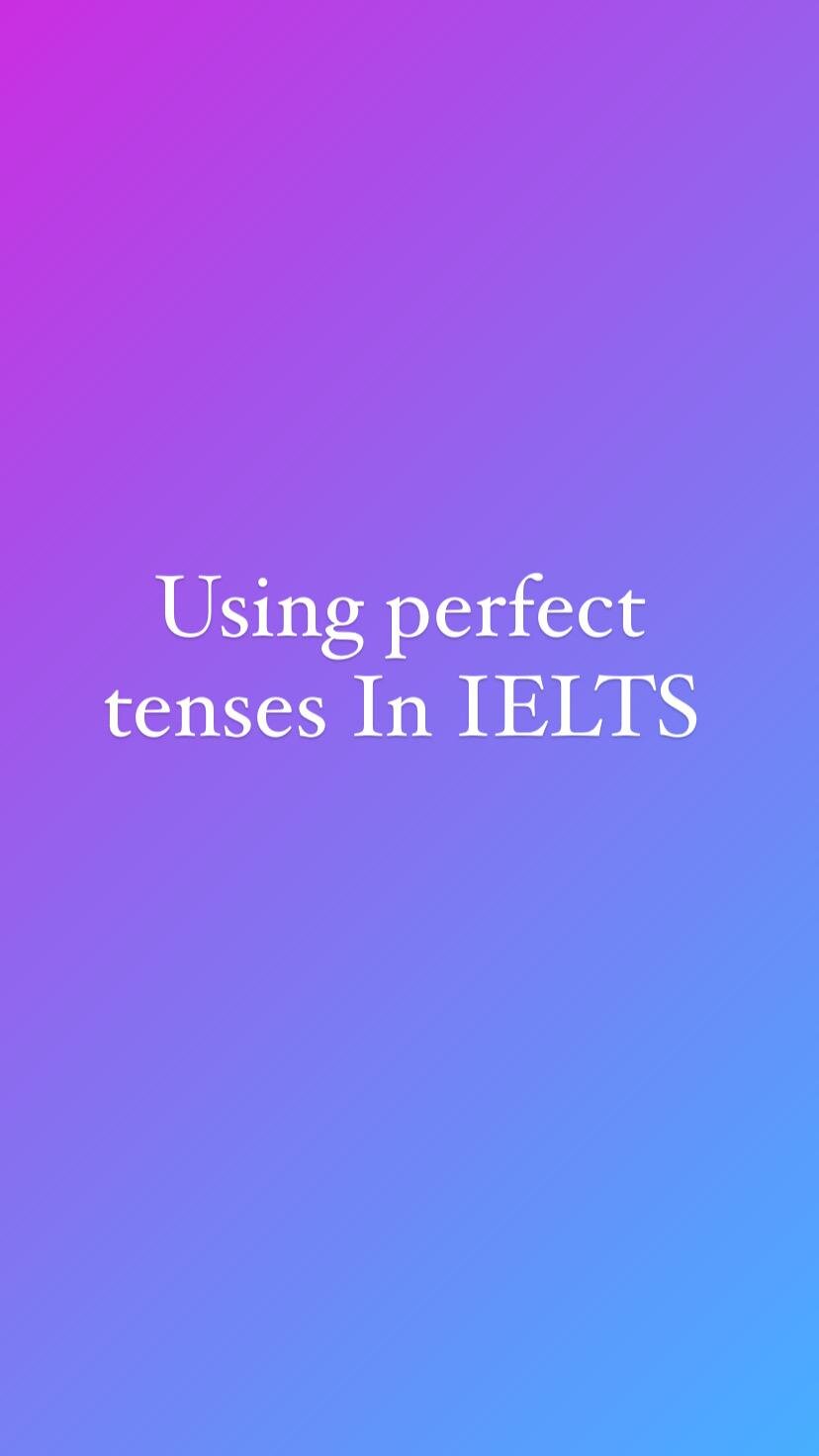In this guide, we’ll go over everything you need to know about IELTS Writing Task 1 map questions, covering essential topics such as the types of map questions, how to structure your answers, and important vocabulary.
Read MoreIn the IELTS General Training Writing Task 1, you may be required to write an informal letter. This guide will help you structure your response, use natural and conversational language, and improve your grammar and vocabulary to achieve a high band score.
Read MoreWriting a formal letter is a crucial skill for the IELTS General Training Writing Task 1. This guide will help you structure your response, use appropriate language, and improve your grammar and vocabulary to achieve a high band score.
Read MoreIn an IELTS Discussion essay, you are required to present two opposing viewpoints on a specific topic and then provide your own opinion. This type of essay assesses your ability to discuss multiple perspectives while articulating your stance clearly.
Read MoreHere are 100 Present Simple questions for IELTS Speaking practice. These questions are similar in style to what you might encounter in Part 1 of the IELTS Speaking test, focusing on everyday topics and habits.
Read MoreThe IELTS Speaking test in 2024 continues to emphasize natural conversation, allowing you to demonstrate your ability to communicate effectively in English.
Read MoreThese third conditional questions will give you great practice for IELTS speaking, allowing you to explore and discuss past hypothetical scenarios and how they might have changed the present.
Read MoreBy using this checklist in your preparation and during the exam, you’ll be well on your way to achieving a high band score in IELTS Writing Task 2. Keep practicing and refining these techniques to ensure your writing is both sophisticated and clear!
Read MoreMastering IELTS Writing Task 1 requires a solid grasp of data description techniques and careful attention to detail. By following these tips—using consistent measurements, being mindful of tenses, making thoughtful comparisons, and varying sentence structures—you can deliver a clear, precise, and well-organized response.
Read MoreIELTS Speaking Part 3 is your chance to demonstrate higher-level thinking and your ability to discuss complex topics in English. By practicing how to develop and support your ideas, using linking phrases, and structuring your responses, you can approach this section with confidence and clarity. Remember, practice is key to mastering this part of the test!
Read MoreThis part of the test can be intimidating because you're expected to speak continuously for an extended time without interruptions. However, with the right strategies and practice, you can excel.
Read MoreWhile Part 1 seems simple, giving clear and engaging answers can boost your confidence and set a positive tone for the rest of the exam. Let's dive into how you can ace this section with tips and a selection of sample questions.
Read MoreIn this blog, we'll break down the optimal length for your answers in each part of the IELTS Speaking test and provide tips on how to structure them effectively.
Read MoreIn this blog, we’ll explore the pros and cons of speaking fast and slow during the IELTS Speaking test and what approach works best for most candidates.
Read MoreOne of the key skills in effective writing is the ability to avoid unnecessary repetition while maintaining clarity. This is where referencing comes in. In writing, referencing is the practice of using pronouns or other words to refer back to previously mentioned nouns, which keeps the text concise and easy to follow.
Read MoreHere is a list of 100 Present Perfect questions you can use for IELTS Speaking practice. These questions cover a variety of common topics that may appear in the exam.
Read MoreIn the IELTS writing task 2 context, crafting a well-structured introduction is essential. It encompasses various components, one crucial element being a sentence that previews the essay's content and purpose.
Read MoreThe zero conditional expresses general truths or facts that always hold true. It is structured with the present simple tense in both the if-clause and the main clause. Here are 100 questions in the zero conditional.
Read MoreMany students use overly complex grammar in IELTS writing to impress the examiner. This misconception leads to grammatical errors and lost marks in various areas. In this post, we will explore complex sentences in IELTS writing, understanding what they entail, when to use them, and how to create them effectively.
Read MoreOne key skill that examiners are looking for is your ability to use different grammatical structures and tenses within the test. Lower level students will often stick to simple tenses which can limit their ability to properly express certain ideas. Mastering the perfect tenses will allow you to boost your range and to express yourself with greater confidence and fluency.
Read More



















